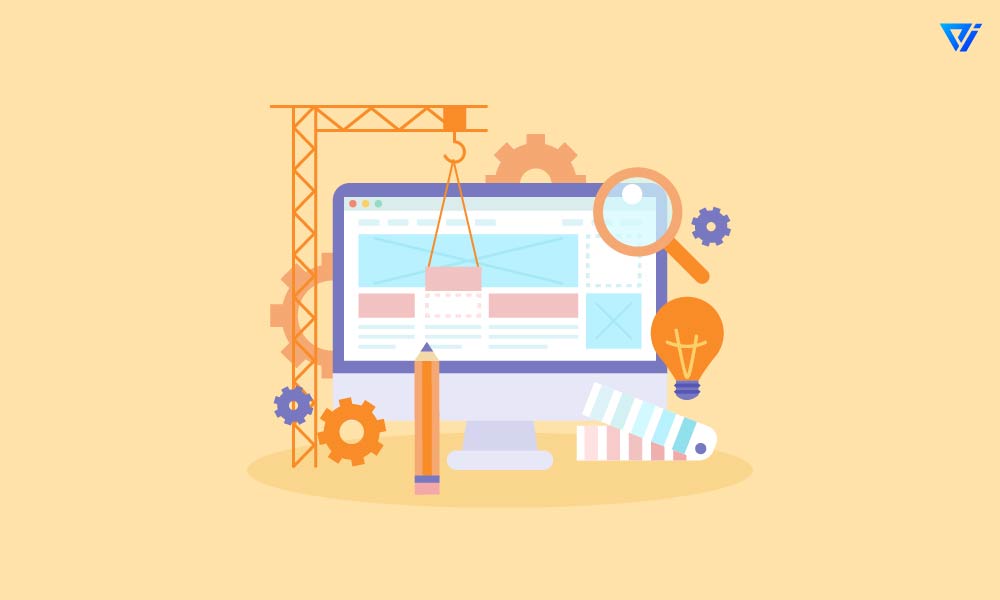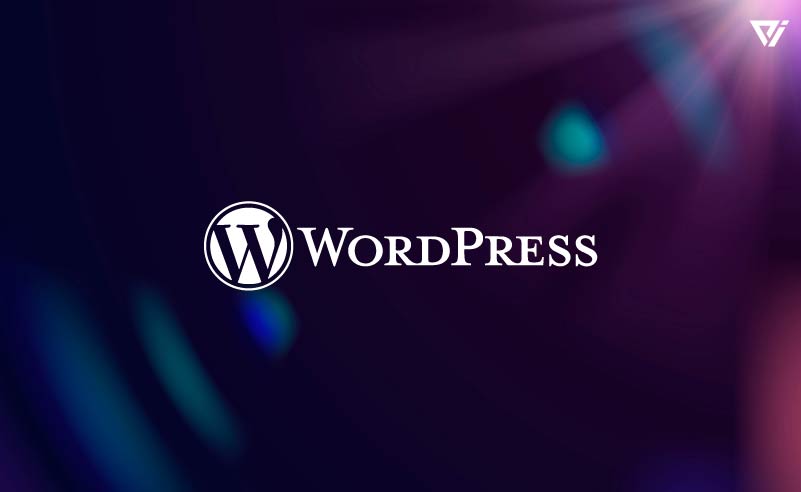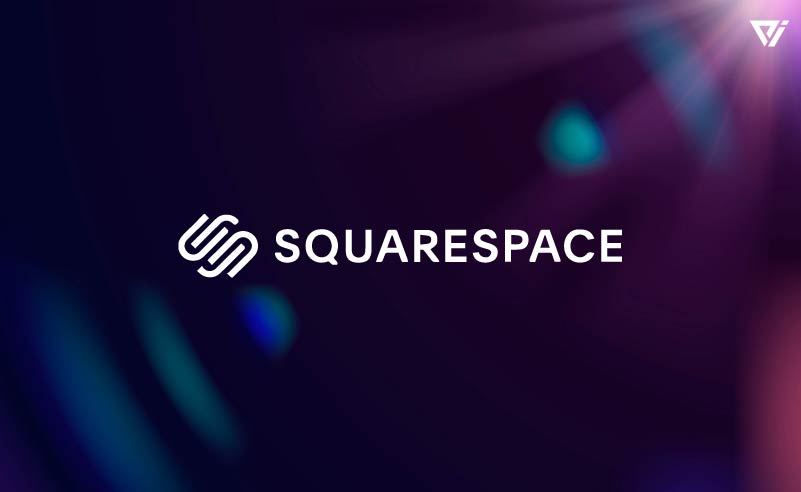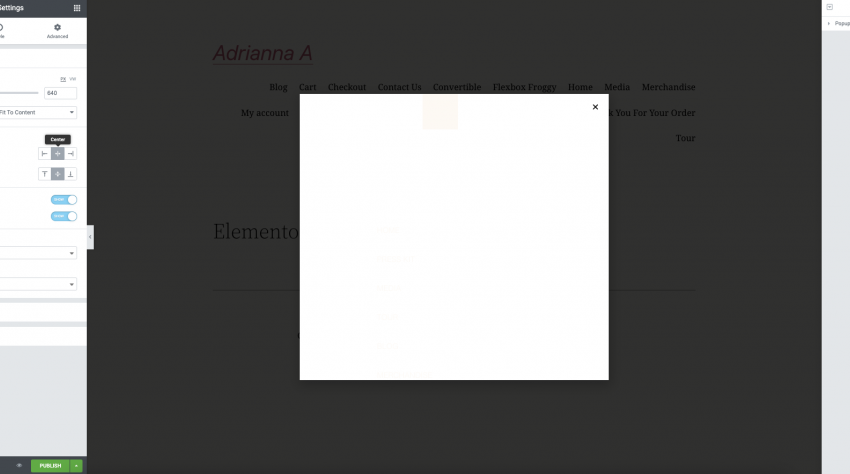
While the Global Web continues to grow and welcome billions of new users every day, having an online presence might be critical. Whether you want to establish a blog, start a small company, sell things online, or market your brand on a worldwide scale, you’ll need a website. And selecting a platform that suits your requirements is the first step in establishing a strong online presence.
With so many website builders to choose from, it can be difficult to know which one is perfect for you, especially if you’re new to web development. They must consider a variety of critical aspects. What’s more, they’ll have to figure out what the main concerns are that will determine the kind, functionality, and features of their future website, as well as how visitors will interact with it.
The intricacy of the website and the technical background of the user are important factors to consider. Do you have the necessary talents to handle coding or programming? Or would you want to create a ready-to-go website in minutes using pre-designed templates that have all of the required features? Will you use a basic online portfolio to sell things or will you use it to display some of your work?
Table of Contents
How to Pick a Platform for Your Website
The first decision you must make is which sort of web development technology to use. Website builders and CMS systems are the two primary possibilities. They differ in terms of personalization, editing, management, and upkeep. Furthermore, they need a distinct level of technical knowledge. In other words, what works for professionals who know how to code will almost certainly fail to function for non-technical people.
Let’s take a deeper look at the primary pros and drawbacks that website builders and CMS-based systems provide.
Platforms for Content Management Systems
CMS platforms, often known as content management systems, are applications that assist in the creation of many sorts of websites. Whether you need a blog, a business card, or a digital store, they’ll suffice. They’re mostly self-hosted systems, which implies the CMS will only allow you to design a website layout. Hosting, maintenance, and support for the project will take more time and effort, and will be dependent on the user’s budget, technical expertise, and other factors.
CMS platforms sometimes referred to as content management systems, are applications that assist in the creation of many sorts of websites. They’ll suffice for a blog, a business card, or a digital store, depending on your needs. They’re often self-hosted systems, which means the CMS will only allow you to design a website layout. Hosting, maintenance, and support for the project will be more time-consuming and will be dependent on the user’s budget, technical expertise, and other factors.
Builders of Websites
A website builder is a type of SaaS software that provides an all-in-one solution for people with no technical knowledge. New AI-driven and other features have been added to the system, allowing individuals to develop various websites in minutes. Furthermore, newer systems provide an increased capability that allows users to change source code or even design and incorporate unique features. To put it another way, we offer a modernized version of a standard CMS with certain key benefits.
As a result, website builders appear to be a more straightforward, quicker, and often even less expensive alternative to CMS. Now it’s time to focus on the most important factors to consider while selecting software.
Consider These Points When Choosing a Website Builder
The selection of a website builder is based on the objectives. Various firms provide tools that are tailored to satisfy the demands of certain users. Some platforms are primarily intending for e-commerce.
Others focus on small company websites, landing pages, and portfolios. Choosing a niche-focused solution is a smart option. Multi-purpose software, on the other hand, might be a suitable option for creating any form of a website.
Here is a list of important things to think about while selecting a website builder.
Convenience of Use
The majority of website builders use a drag-and-drop technology based on the WYSIWYG notion, as we’ve already said. This is the point at which all forms of software are essentially the same. You may also explore more possibilities, such as inline editing. It allows you to save and examine all of your changes in real-time without having to switch to a browser preview mode.
Preview mode, by the way, can make a difference. While some systems just allow you to see how your site appears on various devices, others allow you to change the mobile version separately from the desktop version. Also, see if connecting a domain and managing general settings are simple. Ease of use refers not only to the editing of the website but also to its upkeep.
Widgets and Add-Ons
If the webUsers should check out the app store if the website builder has one. To personalize your page, you may require a variety of widgets. Make sure you can link custom domains and third-party services. To keep customers interested, a user would need to provide a discount timer, calendar, or pricing calculator. Look for CTA blocks, contact forms, and social media coverage, among other things.
Integration with third party
Assume you wish to open an internet store. Payment gateways, tax calculation services, shopping cart capabilities, advertising tools, reporting instruments, and other services are basic requirements. Major services should be compatible with a platform.
Try for Free
As previously said, if you choose to use a website builder, you must stick to it. As a result, double-check that the platform fits all of your needs and includes the features listed above. A free trial or plan will come in handy here. Although customers do not have access to all paying capabilities, they may use the editor to test it, check out some of the features, look at the templates and built-in choices, and so on. Why should you ever let that opportunity pass you by?
Price
If you opt to utilize a website builder, you must stick to it, as previously stated. As a consequence, double-check if the platform meets all of your requirements and includes the above-mentioned characteristics. A free trial or plan will be useful in this situation. Customers may use the editor to test it, try out some of the features, look at the templates and built-in options, and so on, even if they don’t have access to all of the paid services. Why should you ever miss such an opportunity?
Customer Service
Look for video lessons and a Help Center that covers all of the essential processes. Additionally, utilize the various contact tools to contact the team and see whether they answer quickly. Do not be hesitant to inquire about the product’s functioning, pricing, or technical aspects. Make certain you won’t be stuck inside the website builder.
1. Wix

Wix.com is another well-known cloud-based website builder. It combines ease of use with a robust collection of features to let you create a website quickly.
Pros
Because Wix is a totally hosted platform, you won’t have to pay for hosting. You’ll have access to hundreds of templates to pick from when it comes to the design of your website. With its user-friendly drag-and-drop site builder, each template can be completely customized.
Wix has also developed Wix ADI, an artificial design intelligence that can build you a beautiful website.
Aside from a large number of designs, Wix also includes a large number of free and paid tools that you can use to customize your website. These applications allow you to enhance your website’s functioning and add new features. Wix created some, while third-party developers created others.
WWix offers a free plan with storage and bandwidth limitations. This plan, on the other hand, may be used to try out their drag-and-drop website builder. Because it does not include a domain name, you may wish to switch to a premium plan if you want to maintain your website.
A free SSL certificate is included with all Wix plans, which you must activate for your website.
Cons
WixIf you pick the Free or Connect Domain subscriptions, Wix branded ads will show on your website. To get rid of the advertising, you’ll need to subscribe to their Combo or Unlimited subscription.
If you decide to move your website away from Wix, you will find the procedure to be time-consuming.
Their $9.16 a month Connect Domain plan only allows you to connect a custom domain name, so you’ll have to purchase one independently.
Pricing
Wix offers a limited free version that comes with a Wix-branded subdomain. A domain may be connected for $9.16 per month. Their combination package is $14.95 per month and includes a free domain name. The monthly fee of the eCommerce package for online shops was $26.25.
If you want to know how it compares to WordPress, check out our Wix vs WordPress comparison.
2. Shopify

Another popular eCommerce website builder is Shopify, which is created exclusively for online retailers and eCommerce websites. It is used by over half a million enterprises and has over one million active users. On Shopify’s platform, over 40 billion dollars worth of merchandise has been sold.
Pros
Shopify is a completely hosted, all-in-one solution, which means you won’t have to worry about managing software, installing updates, or backing up your data. Everything is taken care of by Shopify.
It has a built-in payment system called Shopify Payments that allows you to take credit cards. You can also make payments using third-party payment systems.
Shopify is an eCommerce website builder that includes full inventory management, infinite goods, sophisticated data, and simple marketing options all in one place. There are hundreds of designs to choose from, and there is no need to code.
Shopify is a completely hosted, all-in-one solution, which means you won’t have to worry about managing software, installing updates, or backing up your data. Shopify takes care of everything for you.
You may even connect Shopify and WordPress, allowing you to utilize both systems at the same time.
Cons
If you’re just getting started, Shopify’s cost may be a little more than some of the other website builders on our list. See our comparison of Shopify vs. WooCommerce for more information.
It will be tough to relocate your website away from Shopify if you ever decide to do so. It will be tough to relocate your website away from Shopify if you ever decide to do so.
Pricing
The basic Shopify package will set you back $29 per month. For $79 per month, you can subscribe to Shopify, and for $299 per month, you can upgrade to Advanced Shopify. For $9 per month, Shopify now provides a Shopify Lite account, which lets you put a buy button on any website.
Shopify may be the best solution for you if you want a hassle-free eCommerce website builder.
Also Read these:
- 4 Fixes to “Error Establishing establishing a database connection” in WordPress.
- Best WordPress Featured Image Size & Post Thumbnail Tips
3. WordPress

WordPress.org (sometimes known as self-hosted WordPress) is the most widely used website creation tool in the world. WordPress is used by over 41% of all websites on the internet.
WordPress is available in two different versions. WordPress.org and WordPress.com are self-hosted options. Later on in this tutorial, we’ll discuss WordPress.com. For more information, see our comparison of WordPress.org vs. WordPress.com.
WordPress is a free and open-source website-building platform. It also includes amazing drag-and-drop page builders like as SeedProd, Beaver Builder, and Divi, which allow you to create your own page layouts with ease using a drag-and-drop editor. Our implies that, in comparison to any other online website builder on this list, you have complete control over your website.
Pros:
You have total control over every aspect of your website and online presence using WordPress. It may be used to create almost any type of website. An eCommerce store, community forums, a social network, a membership website, a basic website, a landing page, and more are all examples of websites.
In addition, you’ll get access to over 58,000 free WordPress plugins.
WordPress is available in dozens of languages and easily usable to simply construct multilingual websites.
When all of the aforementioned factors toke into account, WordPress is by far the most affordable website builder available.
It also includes sophisticated SEO techniques that search engines like, ensuring that your website constantly ranks at the top of search results.
WordPress is the most popular website builder and content management system among company owners, bloggers, web developers, and web designers for all of the reasons stated above.
Cons:
You will be responsible for managing your own website, which will require you to learn a new system. Most users will readily overcome this little learning curve, but it may appear tough at first.
You’ll also need to keep up with WordPress and plugin upgrades, as well as back up your data.
Pricing:
While WordPress is a free website builder, you’ll need to pay $14.99 per year for a domain name and web hosting to get your site up and running This enables you to quickly set up an online store and begin selling. and $7.99 per month, respectively.
We’ve figured up a special discount for WPBeginner users, so don’t worry. With Bluehost, an official WordPress recommended hosting service, you can establish a website for just $2.75 per month. They’re giving our users a 60% discount on on-site hosting, which includes a free SSL certificate, a free domain name, excellent uptime, and 24/7 phone assistance.
4. Weebly

Weebly is a simple website builder with a tonne of fantastic features and styles. It comes with a professionally designed page builder that allows you to update your website without having to learn any code.
Pros
You don’t have to install or manage any software because Weebly is a completely self-hosted platform. They are in charge of hosting your website as well as handling the backend software.
It includes hundreds of website designs that you may use as a starting point for your own. Weebly’s live page editor allows you to fully customize these stunning designs.
Weebly also has built-in eCommerce capabilities. You may rapidly set up an online store and start selling as a result of this.
Contact forms, photo galleries, sliders, and other features are all included in every Weebly site. This makes it simple to add functionality to your website without having to go through a lengthy setup procedure.
Weebly frequently regarded as one of the top DIY website builders for beginners due to its ease of use and amazing features.
Cons
Weebly frequently regarded as one of the top DIY website builders for beginners due to its ease of use and amazing features.
Every purchase made through your eCommerce store is subject to a 3% transaction fee from Weebly. To avoid these extra charges, you’ll need to upgrade to their commercial plan.
Pricing
Weebly offers a free plan that is quite basic. Paid plans start at $8 per month and are invoicing yearly. The pro plan costs $12 per month, while the business plan costs $25.
If you’re curious how it compares to WordPress, have a look at our Weebly vs WordPress comparison.
5. Squarespace

Squarespace is a well-known professional website builder that is well-known for its beautiful designs and ease of use.
Pros
For hosting your website, Squarespace provides enterprise-grade infrastructure. Instead of worrying about hosting, you can focus on growing your business with this safe and dependable platform.
Squarespace is a popular professional website builder for its attractive designs and ease of use.
Squarespace makes it simple to add content to your website. Simply navigate to a page on your website and start typing. You may quickly construct your own layouts by dragging and dropping elements on pages.
Squarespace also offers an eCommerce option that allows you to integrate an online store into your site. It has a user-friendly interface that allows you to manage your items, inventory, orders, coupon discounts, and more.
Cons
Squarespace has a restricted number of third-party connectors, which might be a hindrance to expanding your business.
Stripe, Apple Pay, and PayPal are the only payment methods accepted by their eCommerce programs. You’ll be unable to add any other payment gateways.
Pricing
Squarespace websites cost between $12 and $18 per month. Their online businesses start at $26 per month and go up to $40 per month.
Squarespace is a well-designed platform with a number of features that are simple to use. It’s ideal if you just want to put together a website quickly.
If you’re curious about how it compares to WordPress, check out our Squarespace vs WordPress comparison.


